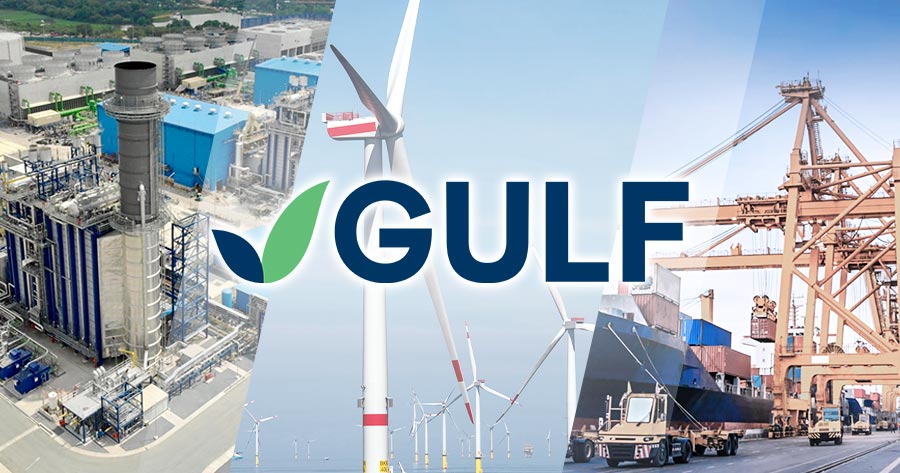Gulf Energy Development Public Company Limited (SET: GULF) announced via the Stock Exchange of Thailand that on April 25, 2022, the company and China Datang Overseas Investment Co., Ltd. (CDTO), which is the People’s Republic of China’s state-owned enterprise, has entered into a Tariff Memorandum of Understanding (Tariff MOU) for Pak Beng hydroelectric power project with the Electricity Generating Authority of Thailand (EGAT) under the Memorandum of Understanding between Thailand and Lao People’s Democratic Republic in accordance with the Thailand’s Power Development Plan for 2018-2037 revision 1.
The project is the second hydroelectric power project which GULF has entered into a Tariff MOU, following the Pak Lay hydroelectric power project that was announced on January 24, 2022.
GULF has plans to acquire 49% equity stakes in Datang (Lao) Pakbeng Hydropower Co., Ltd. from CDTO, in order to develop the project. The company and CDTO will hold 49% and 51% equity stake in the joint venture, respectively.
The project is located on the Mekong River, Pak Beng district, Oudomxay province, Lao PDR, with the installed capacity of 912 megawatts and the Scheduled Commercial Operation Date (SCOD) on January 1, 2033. EGAT will be the off-taker for the project, with the average tariff rate of 2.7129 Thai Baht / kilowatt-hour. The joint venture will further negotiate the terms and conditions under the Power Purchase Agreement (PPA) and sign such PPA with EGAT in the next step.
The project is a run-of-the-river hydroelectric power plant that uses the natural flow rate of water in the Mekong River to generate electricity, with no large reservoir and no water diverting from the Mekong River, resulting in the equal amount of water inflow and water outflow. The project will therefore have no impact on the water volume in the Mekong River.
GULF’s investment in the hydroelectric power project supports the government’s policy to promote clean energy, as Thailand has committed to the targets to achieve carbon neutrality by 2050 and net-zero greenhouse gas emissions by 2065 at the COP26 conference. The company recognizes the importance of climate change and decarbonization, and has developed business strategies that emphasize investments in renewable energy businesses in accordance with government policies and global efforts that aim to reduce greenhouse gas emissions to counter the negative effects from climate change.



